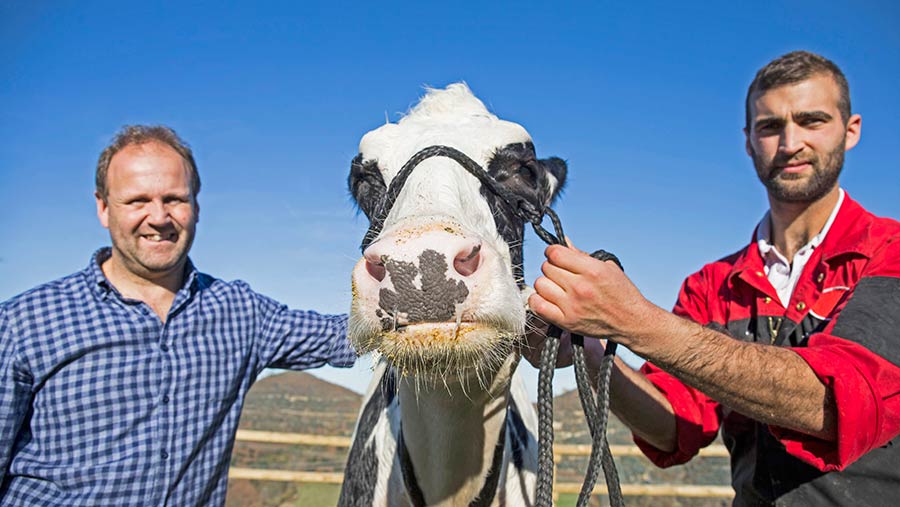Why farmers need contracts for family workers
 © WestEnd61/REX/Shutterstock
© WestEnd61/REX/Shutterstock Failing to create official contracts for family members that detail the terms and conditions of employment could lead to legal problems, succession planning issues, and even the break-up of families, a legal expert has warned.
Although there has often been relaxed agreement among family members, with discretionary payments the norm until a partnership agreement is put in place, this approach could land employers in hot water, says Lindsey Knowles, employment solicitor and partner at Kirwans law firm.
She is warning parents that when it comes to employing family – even children who they are planning to bring in as partner – they have to assume the role of employer.
See also: Business Clinic: How can I recruit good farm staff?
The fine print
- Depending on the employee’s age, working time restrictions may need to be in place
- Be aware of the various types of contracts you could offer and pick the most suitable
- If an employed child is over 16 and earns more than the National Insurance contributions primary threshold, the employer will have to pay these on their behalf
- Employers must be able to provide evidence that the money has actually been paid to their child or relative
- Relatives are entitled to the same rights as non-family staff members, including a clear role and job description, performance expectations, appraisal schemes, hours of working and overtime arrangements
- As an employee, a family member will also have the same legal rights as other employees, meaning they could bring claims for discrimination or unfair dismissal
That means following the law on pensions, minimum wages and working conditions for employees.
Self-employed farmers who live and work with relatives helping on the farm as part of their family chores don’t need to worry about contracts or the minimum wage for as long as that situation remains in place.
The difficulty comes when the arrangement veers from a straightforward set-up.
For example, if the adult child has moved out of home yet is still working on the farm, or if the farm has evolved into a limited company status, then an employment contract has to be drawn up.
Ms Knowles recommends having a solicitor either create, or at the very least look over, new contracts to ensure that any newly employed family member is treated in exactly the same way as other non-family employees, as there could be trouble ahead for those who fail to do so.
Each employee, including family members, has to be hired to do actual work on at least the national minimum wage, or the agricultural minimum wage if it states that in their contract and it started prior to 1 October 2013, or – in Wales – the Welsh agricultural minimum wage if it is higher than the national minimum wage.
There must also be evidence that this work is taking place and the wage must be realistic; HMRC may question a £50/hour rate for picking fruit.
Farmers also need to check whether the employee requires a workplace pension scheme, and ensure that employers’ liability insurance is in place.
Other staff members
- Talk to staff in advance about the new appointment to reassure them of minimal change
- Consider introducing performance-related pay if this is not in place to reduce concerns of preferential treatment for your relative
- Ensure your offspring or family member is not treated differently from current members of staff in terms of working conditions, promotions, wages or respect
- Encourage open communication to avoid any build-up of resentment
